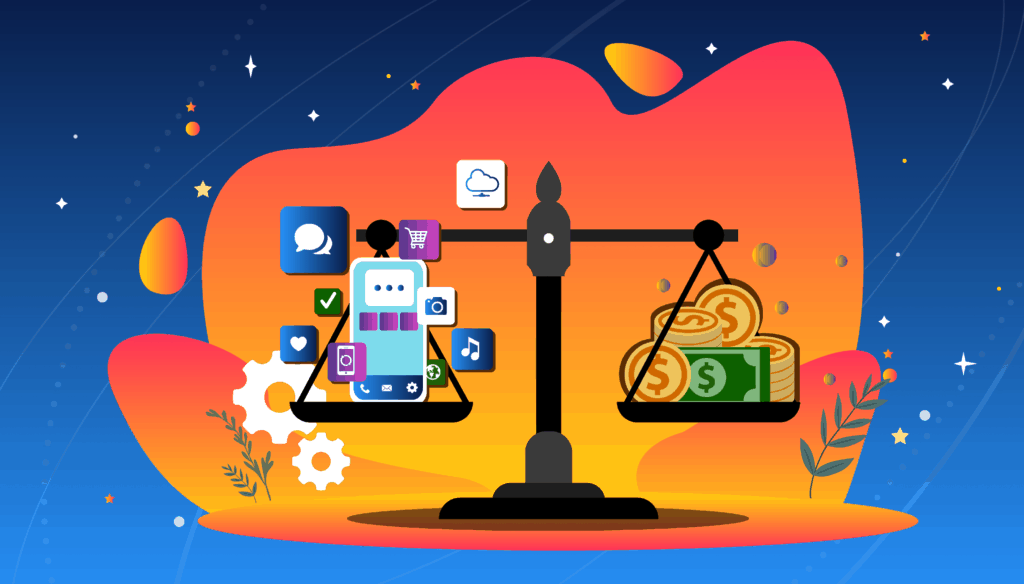What does it take for an app to be successful in today’s market? Functionality is a good start.
According to data, there are approximately 2.8 million apps in the Google Play Store while the Apple App store has 2.2 million. While many apps are used today, not all of them are downloaded. This is primarily because of competition.
This is why app developers should conduct research in order to provide value and solve problems. One of the best ways to make sure your app is successful is to analyze and learn from the mistakes of your competitors. Here are some of the reasons why apps fail.
Poorly Researched Market & Audience
As stated above, research has a big impact on your app’s success. This is why your apps should be research-driven. Is there a market for your app? What problem does it solve? How will it make the user’s life easier? Realistically, who would need your app? How many people would download it?
It’s easy to think that there are people who would download your app. But you can never be sure until you’ve gathered enough data to make sure that you’re not wasting time and money to create something people aren’t going to care about.
No Originality

App stores are full of the same apps. Apps like Uber and Airbnb have strong value proposition but the same is not true for the same apps in the same category as these two.
App developers need to conduct competitive research in order to reveal your competitor’s strengths and weaknesses to help you build your own competitive advantage. Building an app with the same features as your competitors’ won’t make you noticeable. Considering a different unique value proposition (UVP) is the first step to gain user loyalty and success.
Ignoring Platforms
Android, iOS and other platform have intuitive interface guidelines and operate in different ways using the different gestures and common buttons placed in different areas.
For instance, Android users are used to having a back button built into the hardware but Apple users don’t have this. Failing to account for user nuances can greatly impact your app’s success. This is because when apps don’t work well across devices, platforms, networks and operating systems, users get frustrated. For instance, Apple users expect an app to work the same way on an iPhone and an iPad.
Build apps with platform differences in mind. Apps that can’t do this correctly will end up with frustrated end users. Research shows that the average user will decide in a minute if an app is useable or not and frustration can mean failure.
Poor UX
Your app needs to be intuitive and provide good user experience. If users struggle to perform basic functions or can’t figure out how to work it then the result is poor usability. Good examples of poor user experience include:
- Slow or lagging performance.
- Slow loading time.
- Long registration process.
- Difficult to use features.
Ignoring UX can be costly.
Improper Testing
According to a study conducted by Blanco Technology Group (BTG), 58% of iOS apps suffer from performance failure like crashing or shutting down. Most apps have bugs during launch but investing in QA before shipping can ensure that there are no major issues.
A single crash can cause users to abandon your app. In fact, reviews are usually related to apps crashing and the more negative reviews you have, the more likely your app is going to fail.
Poorly Executed Launch

After research, it’s time to pay attention to the execution of your mobile app launch. One of the factors for a successful app is a well-executed marketing plan with detailed steps.
According to mobile intelligence company, Quettra apps need to make a good impression 3 days before the launch. This is a critical time to focus on highlighting the value in order to optimize the onboarding process. If you don’t impress users they won’t download your app.
The performance and success of an app depends on many different factors. However, poor research and poor execution remain the top reasons why apps fail when launched. Focusing efforts on marketing and user research can be the difference between failure and success.



